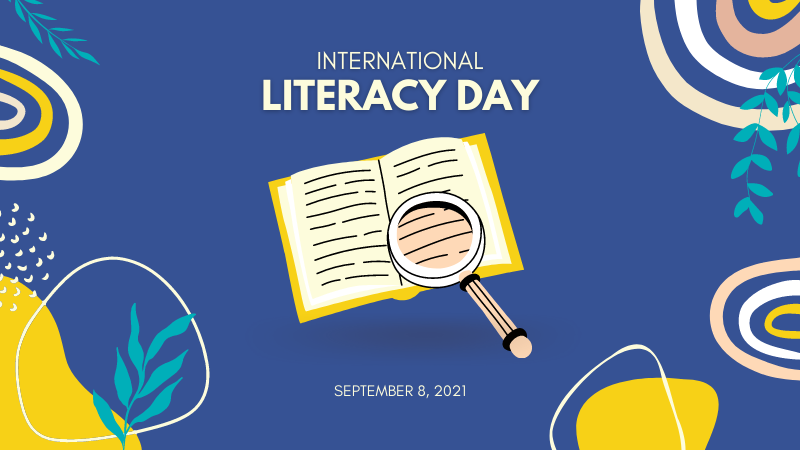|
As you read this blog post and think of the many people in your lives that you would be able to share this with, it might be hard to believe that “773 million adults and young people lack basic literacy skills” (United Nations). For those 773 million, the ability to read and write is like the invisible key needed to unlock the door to wonders, communication, critical information, and above all, sustainable development. Why is Literacy Important? On the most basic level, having the ability to read and write provides a person with economic opportunities that wouldn’t have been available otherwise. On a deeper level, though, the ability to read and write allows a person to provide mobility to their powerful thoughts; it allows a voice, however small, to transcend the walls of its confinement; it allows a person to hear themselves; it breathes life into a dying dream. On the deepest level, though, the ability to write demonstrates that something that exists powerfully within your soul can exist with just as much power outside of your mind. When you can see a fragment of yourself living outside of where you may be stuck or feel invisible, it brings the image of your complete self along with it, and when your complete self is there, others will see you and follow. To think that 773 million adults have been robbed of these possibilities is difficult, but to imagine the multitudes of their thoughts, ideas, passions, and dreams that may never hurdle the feeling of impossibility is shattering. Why is Illiteracy an Issue? The issue of illiteracy affects disproportionately and discriminately, sinking its roots into other issues such as: women’s rights, national poverty, and the well-being of minorities. For example, a study done by UNESCO shows that illiteracy has a much larger impact on women than it does on men; this inevitably causes women to be more financially dependent and possibly forces them to remain in conditions of oppression. On top of this, the National Institute for Literacy estimates that 43% of illiterate adults live in poverty. In general, the fight to attain literacy is the fight to break out of undesirable circumstances and reach a higher quality of life. COVID-19 Impact On Illiteracy Slowly, the movement towards higher literacy rates in locations with weak education systems is improving. However, along with the severe health, economic, and political impact of the COVID-19 virus, was the impact it has had on weaker educational infrastructures. While some students only lost weeks of classes, students in other areas lost their entire schools. In fact, many places that were beginning to see progress in their efforts to provide basic literacy skills now face a regression in the distance they have traveled. Conclusion The struggle against illiteracy has been one full of passion and heartache: to many of those directly involved in educating communities internationally, it may feel like one step forward and two steps backward; but still, the fight continues. And you can help by inspiring a love of reading for those around you, donating books to local schools and libraries so children have access to literature, or even helping someone you love learn to read and write. Note: UNESCO declared September 8th International Literacy Day in 1966 to remind the world about the importance and power of literacy. In their efforts to promote literacy, UNESCO has created prestigious international literacy prizes to recognize and reward effective literary practices. September 8th was put in place to acknowledge the progress made, while also drawing attention to the prevailing rates of illiteracy.
0 Comments
Your comment will be posted after it is approved.
Leave a Reply. |
Categories
All
Archives
March 2022
|
|
Help preserve our history and share our stories through the book and media arts by making a tax-deductible donation today.
Night Heron Media is a 501(c)3 non-profit corporation registered in Texas.
|
Copyright © 2024 by Night Heron Media



 RSS Feed
RSS Feed